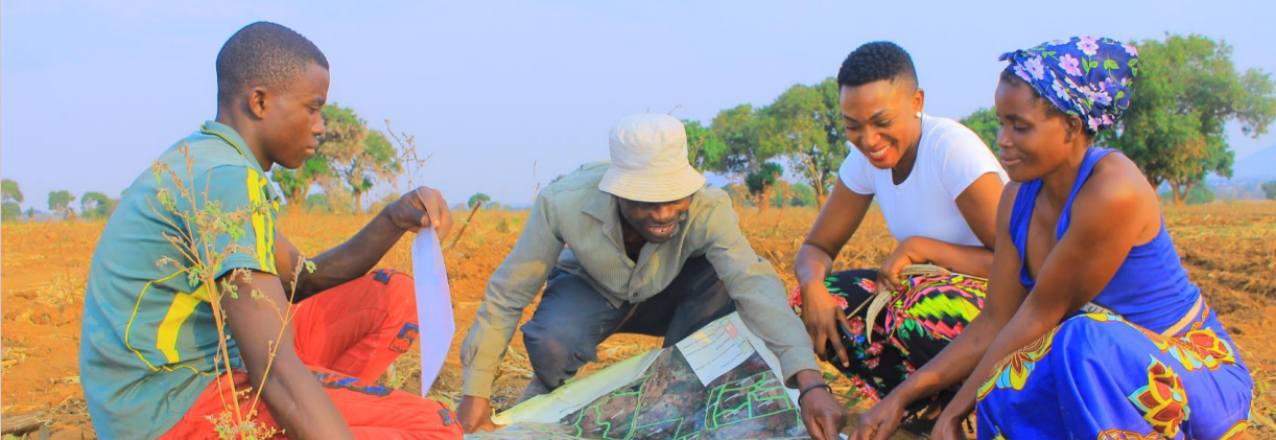Introductions and Background
This report summarizes the Annual Research Symposium held from 6 – 29 October 2020 by the United States Agency for International Development’s (USAID’s) Integrated Land and Resource Governance (ILRG) program. The theme of the symposium was Implementing Zambia’s Land and Resource Policies Across Sectors. This was divided into four sub-themes:
- Governance of state and customary land;
- Documentation of state and customary land;
- Integrated natural resources governance; and
- Integrated development planning.
The overall objective of the symposium was to share evidence on land and resource governance experiences in Zambia to inform policy and improved field implementation. Specifically, the symposium aimed to serve as a platform for consideration of research information; identify gaps in land tenure and resource governance in Zambia by examining what is being experienced by partners on the ground; and examine land issues in a holistic and integrated manner to identify enablers and barriers to policy implementation.
Due to coronavirus disease 2019 (COVID-19) restrictions and guidelines, the symposium was held as an online webinar series. The event deviated from previous in-person symposiums that ran over three days; it was held over the course of four weeks, with two hours of sessions every Wednesday and Thursday. Each session featured four to five presentations lasting about 15 minutes and focusing on field experiences, project implementation, and academic-focused research. The emphasis was less on theoretical and methodological discussions and more on practical experiences and implications for policy. The webinar series opened with national perspectives on land and resource management from government ministries and departments.
On average, 60 participants, including academics, the public and private sectors, non-governmental organizations (NGOs), customary leaders, and decision-makers, attended each session.


